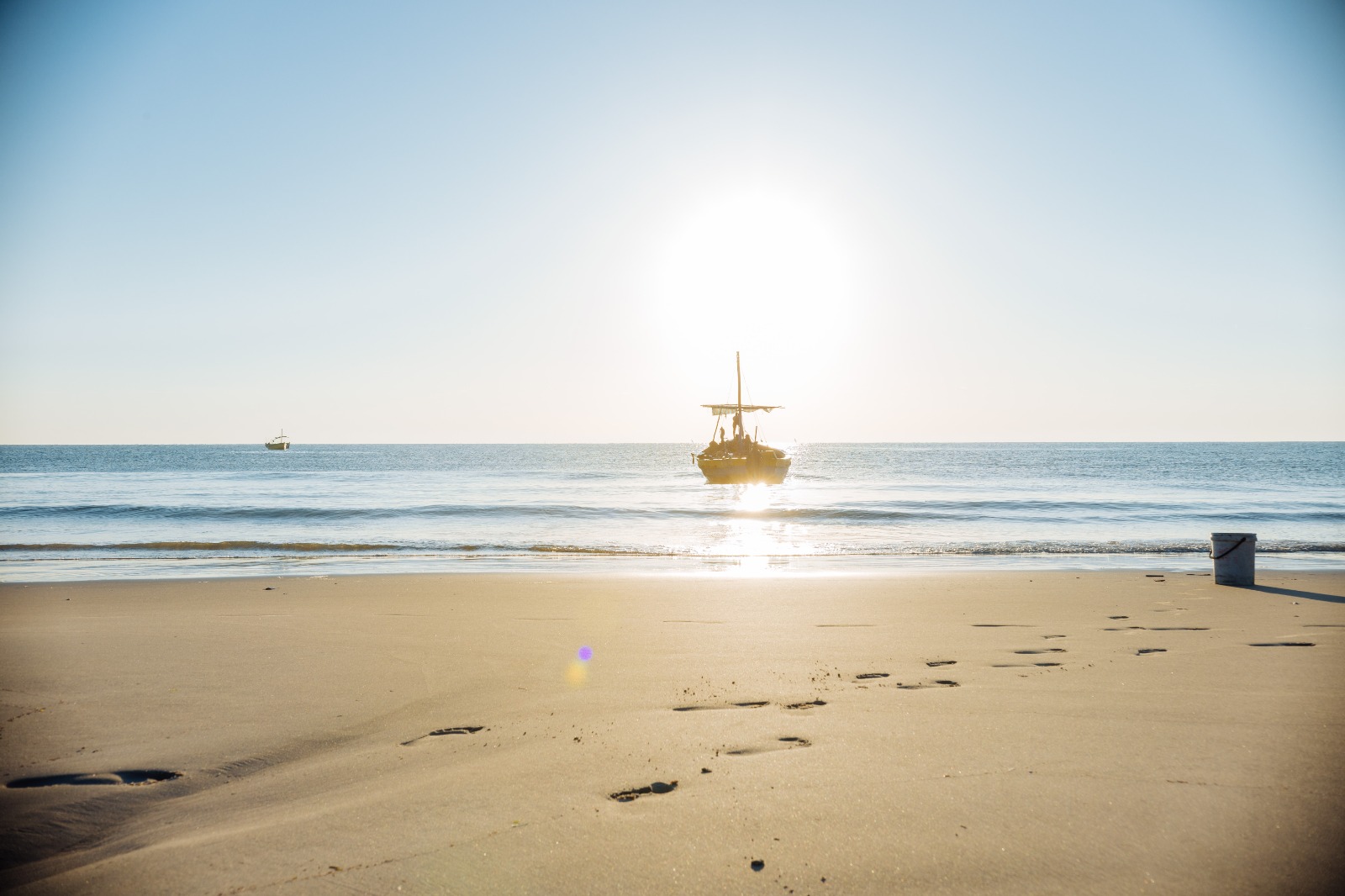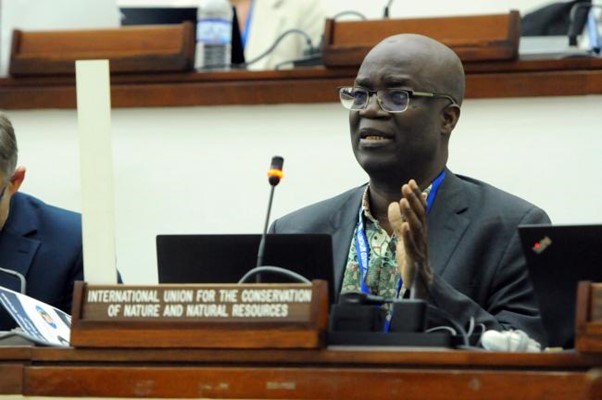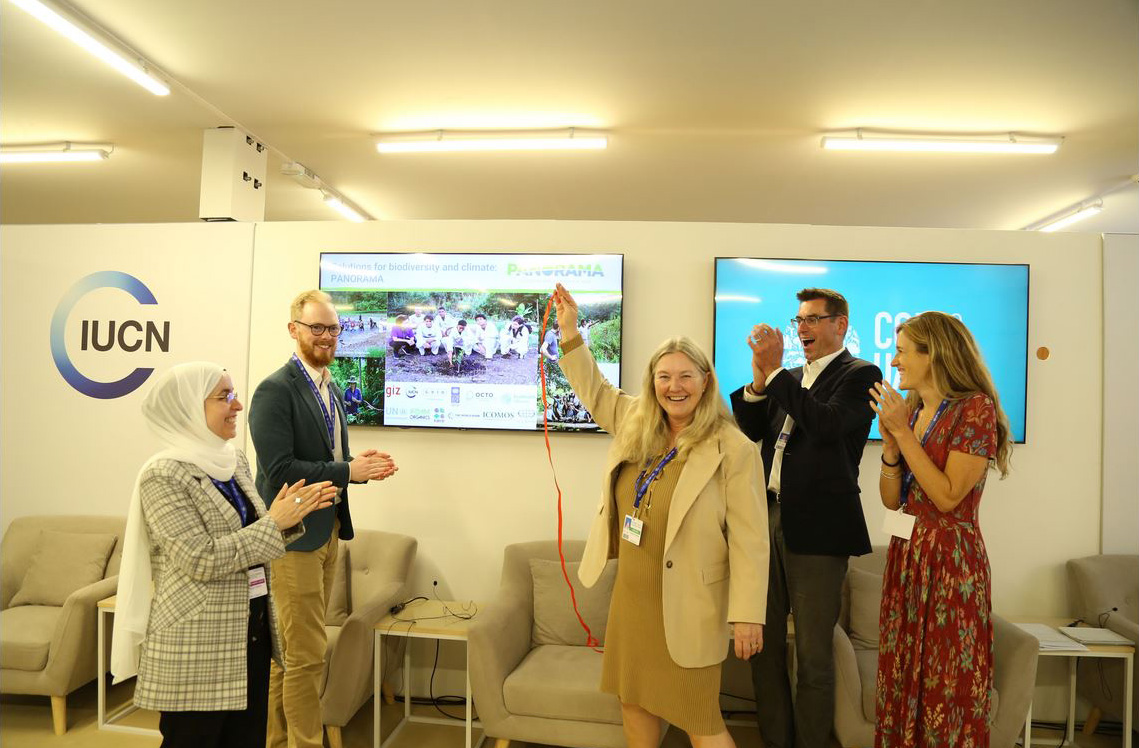Partnerships to strengthen small-scale fishers’ human rights
CEESP News: Elisa Morgera, Professor of Global Environmental Law and the Director of the UKRI GCRF One Ocean Hub and IUCN CEESP member and Senia Febrica, Knowledge Exchange Associate, One Ocean Hub.
This blogpost highlights the One Ocean Hub partnerships with various stakeholders to advance sustainable fisheries targets as set out in the draft of the Post-2020 Global Biodiversity Framework. It emphasises that protection of small-scale fishers’ human rights contributes to the protection of global biodiversity and everyone’s human right to a healthy environment.
Report of the Open-ended Working Group of the Post-2020 Global Biodiversity Framework emphasises the need for capacity-building activities, the effective sharing of knowledge, and participation at all level of government of indigenous peoples and local communities in the implementation of the post-2020 global biodiversity framework (Convention on Biological Diversity Secretariat, 2022). Despite the fact that the working text of the framework does not make explicit reference to ‘small-scale fishers’, draft Targets 10, 14, and 18 spell out the importance of sustainable management of fisheries; the integration of biodiversity and its multiple values into fisheries policies and regulations; and the need to identify and phase out fisheries subsidies that are harmful for biodiversity (Convention on Biological Diversity Secretariat, 2022). In line with these targets, the One Ocean Hub is fostering cooperation with governments, UN bodies, and civil society organisations to improve protection of small-scale fishers’s human rights and to galvanise their full and effective participation in ocean-climate-biodiversity decision making process.
Towards the end of 2021, the collaboration with the UN Food and Agriculture Organization (FAO) has led to an ambitious joint programme of work to advance the human rights-based approach to small scale fisheries as part of the International Year of Artisanal Fisheries and Aquaculture (IYAFA) in 2022. The United Nations Environment Programme (UNEP) and the Office of the UN High Commissioner for Human Rights (UNHCHR) participated in co-developing joint activities with FAO and the Hub for IYAFA.
The joint programme of work was meant to advance understanding of the multiple threats to the rights of small-scale fishers to have a voice in decisions affecting their lives, health, culture and livelihoods, and garner further support for small-scale fishers that act as environmental human rights defenders. The Hub shared key research insights and brought together for the first time the United Nations High Commissioner for Human Rights, Ms Michelle Bachelet (video intervention), the UN Special Rapporteur on Human Rights and the Environment, Dr David Boyd; representatives of FAO and civil society organisations such as Blue Ventures, SwedBio, and the World Wildlife Fund (WWF); and small-scale fishers to voice their human rights concerns at the high-level event for the World Ocean Week 2022 on 6th June 2022. The key messages from this event were shared during the high-level Interactive Dialogue on Sustainable Fisheries at the 2022 UN Ocean Conference.
During 2022, FAO published a landmark “Policy and Legal Diagnostic Tool for sustainable small-scale fisheries”, which was co-developed with the One Ocean Hub, to support the identification of barriers and opportunities to support the implementation of the FAO Voluntary Guidelines for Securing Sustainable Small-Scale Fisheries (SSF) in the Context of Food in national laws and policies. The Hub and FAO also co-developed an e-learning course titled “Legal and policy considerations for sustainable small-scale fisheries” published in October 2022. Together with FAO and the Office of the High Commissioner for Human Rights, the Hub published a joint policy brief “Applying coherently the human rights framework to small-scale fisheries for achieving multiple Sustainable Development Goals.”
In addition, the Hub is organising a series of workshops on the integration of small-scale fishers’ human rights, including with respect to customary laws and tangible/intangible cultural heritage, in strategic environmental assessments and environmental impact assessments, marine protected areas, and marine spatial planning. Local and international civil society organisations such as Hen Mpoano and Environmental Justice Foundation from Ghana, have expressed interest in the Customary Laws of the Coast and Sea workshops. The first two events of the Customary Laws series had taken place in April and September 2022 (see recordings here and here).
In November 2022, the Hub also co-organised a workshop on fostering cooperation among relevant UN Bodies in the mutually supportive interpretation and implementation of the SSF Guidelines and the UN Declaration on the Rights of Peasants for the COP27 Virtual Ocean Pavilion together with FAO, OHCHR, and UNEP (recording here). By working together with partners at local, national, and international levels, we have shared knowledge and advanced understanding of the contributions of small-scale fishers to global food security, poverty eradication, and sustainable fisheries, and highlighted that protecting small-scale fisheries’ human rights comprehensively ultimately also contributes to the protection of everyone’s human right to a healthy environment.



